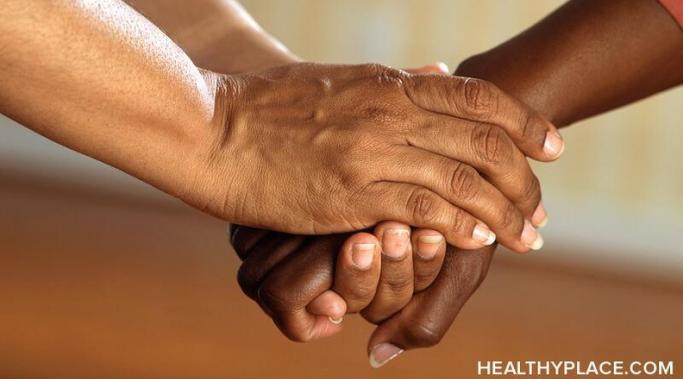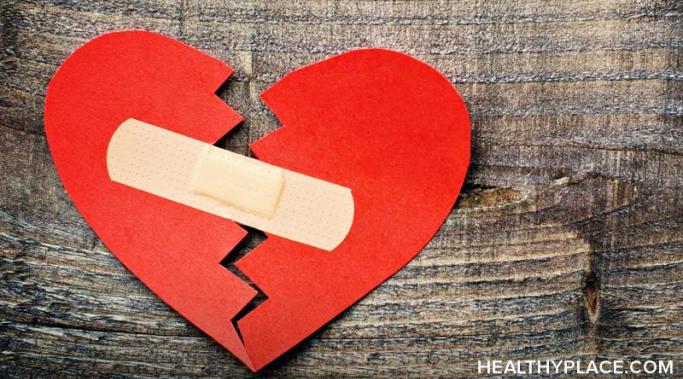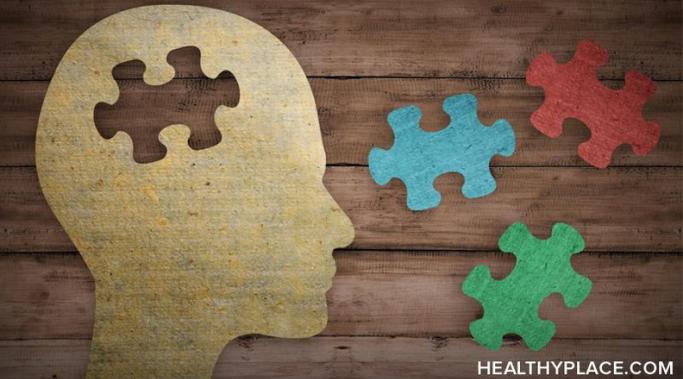Blogs
The question is, can you heal from verbal abuse? Verbal abuse is prevalent in many relationships. It does not choose age, skin color, or social standing. Instead, you can find this harmful behavior in various places, like the school playground, between partners at home, or even in the workplace. With such a widespread problem, is it even possible to heal from the negative effects of verbal abuse?
A lot of worrying comes with my schizoaffective anxiety. I am constantly worrying—ask anyone who knows me. Even someone who doesn’t know me that well knows that I worry all the time. And to top it all off, I blame myself for my worrying, even though it's anxiety-related. Here’s what it’s like.
I struggled quite a bit with procrastination when I was younger, and it wasn't until recently that I realized it had been associated with my anxiety. Not only does anxiety cause you to want to avoid tasks, but it also results in avoiding important tasks for as long as possible and completing them at the last possible minute. Anxiety can make you procrastinate.
Shame can trap people in a cycle of alcoholism and addiction. Often, this becomes a skewed internal dialogue where the sense of shame exceeds the inciting event. An example would be someone isolating themselves from their family or friends after a potentially embarrassing episode whilst drinking. Rather than suppressing shame or guilt, I believe that exposure by self-evaluation and reflection is the best way to avoid the cycle that links shame and alcoholism.
Emotions make us human, but sometimes I wish I didn't feel anything. I believe life would be a lot easier without the ability to experience emotions and feelings.
Suffering from anxiety is hard. With all of life's challenges, it can be difficult not to let anxiety mold itself into an ever-looming monster in one's mind. I've had a habit of elongating my own suffering from anxiety with needless rumination, worrying, and dread. But why allow my anxiety to take away from all the other moments in my life?
Sometimes, the chaos of life feels so insurmountable that taking advice from another human just won't do—the wisdom needed is beyond the scope of mere mortals. In times like these, a vaster source is necessary. If you're secular and starting to get antsy at the sound of this, don't worry. I'm not talking about your typical humanoid deity. I'm talking about the ocean.
There are coping skills for breakups, but learning them took me a while. One of the things I hate most about the summer is that it seems to be my season of breakups. Every time it happened years ago, I felt like something was wrong with me. I lost hope in ever having a lasting relationship. My mind went to dark places for several months. This time, however, I have techniques to ease the healing process. Continue reading to learn about my list of breakup coping skills.
Dating with an invisible illness has its pitfalls. When do you tell someone about your illness? When do you explain the impacts your illness has on your life? How do you try to make an invisible illness visible to the person you're dating? My own forays into the dating pool have been making me think about just these questions.
Can an abuser change? That is the question. One common characteristic many individuals share is the belief that people can change for the better. When verbal abuse occurs in relationships, the behavior may continue unless one or both individuals move to change the dynamic. This change can come from the abuser or the victim, forcing a shift in the relationship.









